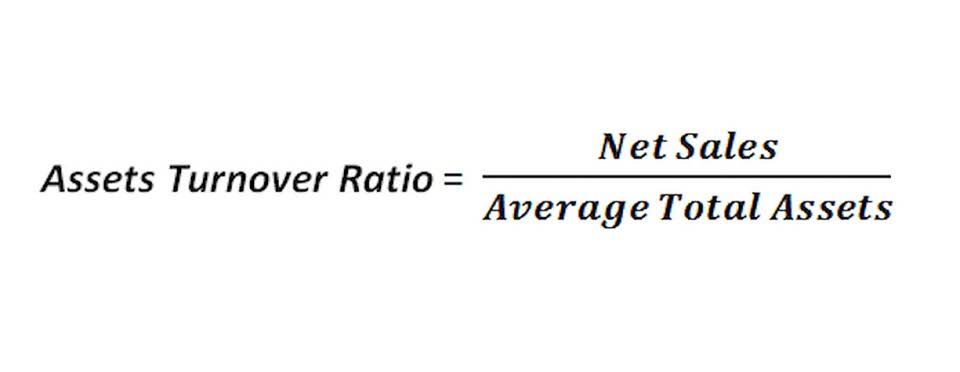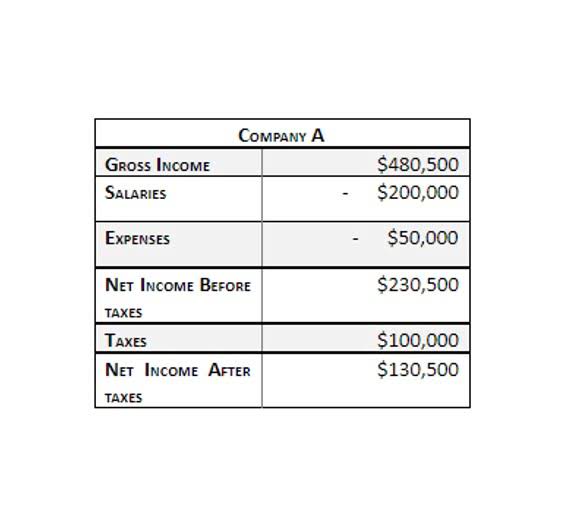
Well, when it comes to catching up with all the laid-back data then that process can be time consuming and it will also stop you from focusing on other important things. If an organization is falling behind on maintaining books, you’ll need a rapid financial group at your administration to help get you back to speed. You might be charged an hourly, monthly, or flat fee for these services. Depending on how far back they’ll have to go, you could budget for as little as a few hundred dollars into the thousands to complete the job. If you have the budget, hiring a professional to catch your books up provides excellent value and peace of mind. You will also want to adjust reports detailing payments to contractors and full-time employees.
Step 4: Separate Personal And Business Expenses
A dedicated workforce means that your company has a team that works around the clock to handle bookkeeping operations with speed and precision, drastically decreasing the catch-up timeline. Visualizing data in a systematic, even arrangement aids in tracing the trending performance of the firm over time. Planning for the future becomes much easier when you have a current awareness of your financial situation. It allows for the creation of realistic budgets and excels at projecting future business scenarios. It’s a strategy that usually results in the filing of an appropriate tax return, allowing you to reflect on your company’s whole financial picture as of a given date.

Leverage Our Free Financial Health Score Tool
- Let Taxfyle handle your bookkeeping while you focus on your business.
- Your bookkeeper reconciles your accounts, categorizes your transactions, and produces your financial statements.
- However, you don’t need to wait for a situation like this to happen before you take measures to bring your books up to date.
- Updating financial statements is a critical aspect of catch up bookkeeping, as it provides a business’s financial state outlook.
- It is especially vital during tax season or other critical periods when you require precise and up-to-date accounts, such as when undergoing tax audits or seeking legal and financial advice.
- By doing so, you can guarantee the accuracy and currency of your records.
You can also use this comprehensive list of small business tax deductions to double check that you’re tracking and claiming every deduction available to your business. You can also book a call with your bookkeeper (or send them a message) whenever you’d like. There’s no extra fee or hourly charges for support—we’re always happy to nerd out about bookkeeping and your financial statements.

The Process of Catching Up on Bookkeeping
Using accounting software, such as 1-800Accountant’s ClientBooks, is among the quickest and most secure methods of categorizing and storing your data. You must evaluate your small business’s financial status as you prepare to catch your books up. Focus on regularly reviewing credit card and bank statements, looking for irregularities, and catch up bookkeeping scanning for other activities that might be out of the norm. Catch-up bookkeeping puts you in control of your finances, makes it much easier to prepare quarterly estimated taxes and year-end returns, and optimizes your small business cash flow. If you’ve fallen behind and want to learn how to clean up messy bookkeeping, don’t worry.
Accounting and Bookkeeping Basics
Transition over to our ongoing monthly bookkeeping service to keep your books on track. You’ll get ongoing monthly books and financial statements and insights to help you make smart decisions for your business. Evaluating bank statements, income, and expenses, as well as rectifying anomalies between financial records and statements, is required for precise accounting integrity. Our catch-up bookkeeping service is affordable and error-free, giving you peace of mind and more time to devote to your business. In addition to that, we also offer small business taxes, tax advisory, educational content, and more to help you stay ahead.

The Top 5 Benefits of Cloud-Based Bookkeeping for Small Businesses
Having real-time financial data will provide you with the knowledge you need to make intelligent business decisions. It can assist you in determining whether you need to cut spending, increase your investments, diversify your income streams, or pursue other financial goals. To recap, catch-up entails updating outdated records, and clean-up entails organizing and repairing current records.
During the reconciliation process, your financial professional will compare each transaction in your accounting records with the same transaction on your bank statements. If you’re going to catch up on your bookkeeping, the first step is to gather all of your receipts and documentation. This includes invoices, bank statements, credit card statements, and any other financial documents.
